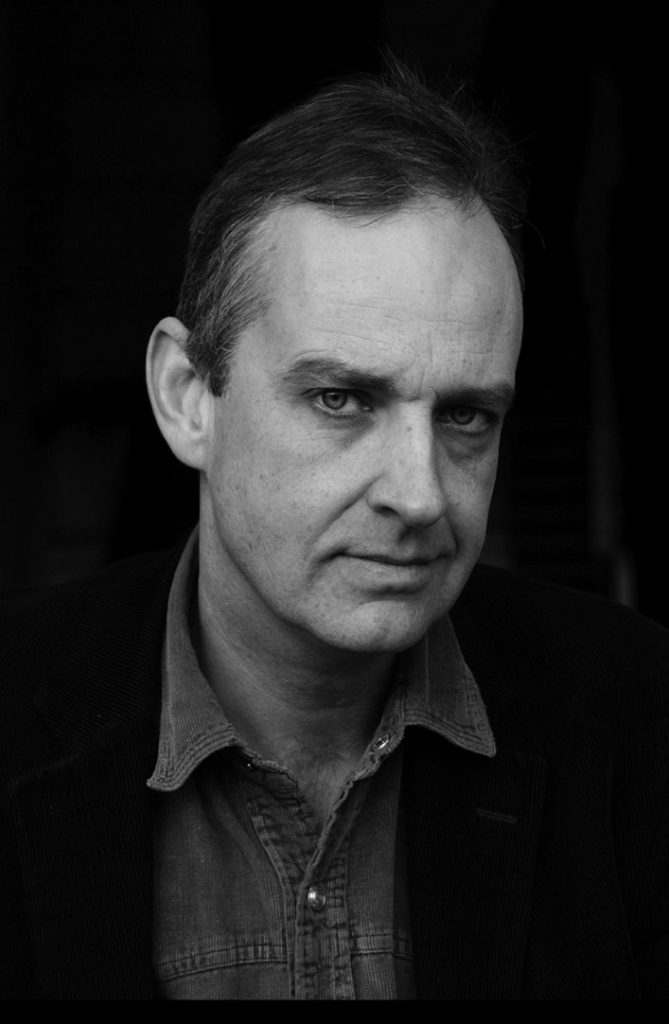By- Ian Thomson
In the late 1970s I went to school with Nigel Farage at Dulwich College in south London, the alma mater of Raymond Chandler and PG Wodehouse. The far-right National Front were in the ascendancy once more and Farage was rumoured to be sympathetic to the aims (if not the methods) of its members. In a now notorious letter dated 4 June 1981 my English teacher, Chlöe Deakin, complained to the headmaster that the 17-year-old stockbroker’s son had “publicly professed racist and neo-fascist views” and, with a group of school army cadets, “marched through a quiet Sussex village very late at night shouting Hitler Youth songs”.Under no circumstances should “the boy N.P Farage” (as Deakin calls him) be made a sixth form prefect. He was a goose-stepping embarrassment to the school.
Deakin, a self-proclaimed “political moderate”, captured something of Farage in embryo. She reminded the headmaster that he had been “so offensive” to an Asian boy in his class that he was told to leave the classroom. A colleague of Deakin’s had remarked that Farage might be a “fascist”, but that was “no reason why he would not make a good prefect”: quite the contrary, in fact. Deakin disagreed. His appointment would only “vastly increase” his “sense of self-justification” and pomposity, she warned. Other boys would then either “adopt him as an exemplar, or, as is much more likely, regard his appointment with disillusionment and cynicism when they observe that his notorious views and behavior, well known to both Master and members of the staff, are, as it would appear, condoned by them.” Staff who believed that Farage had been made a prefect “through a democratic process”, would, said Deakin, “be shocked, saddened, angered, and disheartened.”

To the headmaster Deakin went on: “I have often heard you tell our senior boys that they are the nation’s future leaders. It is our collective responsibility to ensure that these leaders are enlightened and compassionate…” That Farage might have “bestowed upon him the prestige of office and authority” was, Deakin thought, “distasteful”. Already a master-manipulator of invective, his behavior concealed the shadow of a more unpleasant race politics and “bullying of the nastiest kind”. That year – 1981 – was a year of convulsive political tensions, when the National Front had begun to march through immigrant pockets of south London and the police used the Dulwich College playing fields as an operational base during the Brixton riots.
In his 2010 memoir, Fighting Bull, Farage briefly alludes to the prefect row and complains that Chlöe Deakin and other teachers like her were hostile to him simply because he admired Enoch Powell, who had long warned of the dangers of immigration and the neo-liberal values of “assimilation” and “integration”. Of his schoolboy self he writes: “I was quite ballsy, probably good on a platform, unafraid of the limelight, a bit noisy and good at selling things.” In her letter, Deakin suggests that he was expressing opinions rather to the right of Powell. The closest Farage came to was Roderick Spode and his Black Shorts, a pompous creature P.G.Wodehouse modelled on the British Fascist leader Oswald Mosley.
Terry Walsh, who was the school’s deputy head at the time, recalled on Channel 4 News (in 2013) that Farage liked to provoke left-wing teachers like Deakin who had “no sense of humour” and voted Liberal if not Labour. My memory of Farage is of a teenage showman-ideologue with a powerful sense of social grievance. It may be relevant that his father Guy Farage, an alcoholic of Huguenot immigrant ancestry, left home when Nigel was five. Farage’s early habit of viewing the world through the lens of immigration, race conflict and social antagonism means that the line separating fantasy from reality is not always easy to draw with him.
A recent BBC2 mockumentary, Nigel Farage Gets His Life Back, follows Nigel (Kevin Bishop) as he glories in a Little England world of beer pints, jigsaw puzzles and episodes of ‘It Ain’t Half Hot Mum’. In the end Farage was made a prefect but he never did look good in a prefect blazer. He wore it with Spitfire cufflinks.
Ian Thomson
“Ian Thomson was born in London in 1961. His parents moved to New York City that same year, where his father worked for a Wall Street bank. (His mother, a Baltic émigrée, came to England in 1947 at the age of 17.) Thomson was educated at Dulwich College, then at Pembroke College, Cambridge, where he read English. He is the godson of the British painter Carel Weight. In the 1980s he taught English literature and English as a foreign language in Rome, then became a translator, journalist and writer, contributing to the Sunday Times Magazine, The Independent, The Guardian, The Observer, The Spectator and Times Literary Supplement. He was Royal Literary Fund Fellow at the University College London. Currently he is a Senior Lecturer in Creative Non-Fiction at the University of East Anglia. He is a Fellow of the Royal Society of Literature (RSL).”







